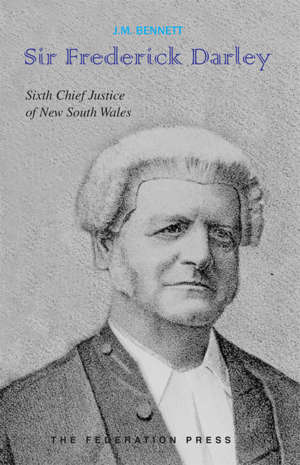Product Description
After a repressed childhood, dominated by his rancorous father and brutal schooling, William a’Beckett wished to become a poet. While he made some money from literary endeavours, it was not enough to support a wife and family.
Recommended to apply his qualifications as a barrister in the rising colony of NSW, he took his family to Sydney in 1837. His attainments at the Sydney Bar were immediate and spectacular. He advanced to the Solicitor-Generalship and then became an acting judge after a fierce contest with rivals. Appointed Resident Judge at Port Phillip (Melbourne) in 1846 he progressed to be the first Chief Justice of Victoria in 1852. Afflicted by paralysis of the legs, attributable to youthful cricketing injuries, a’Beckett was sometimes an irritable judge.
He has been much criticised for his outspoken support of the temperance movement, for his attacks upon the excesses (as he saw them) of the gold rush, and for alleged bias in the Eureka Trials.
This study portrays him in a kindlier and more objective light, suggesting that some earlier assessments have been exaggerated in their criticisms and superficial in their conclusions.
The Victorian State Set of Lives of Australian Chief Justices, which includes, Sir William a’Beckett, Sir William Stawell and George Higinbotham is available for $120.00 – to order the Victorian State Set, click here.



